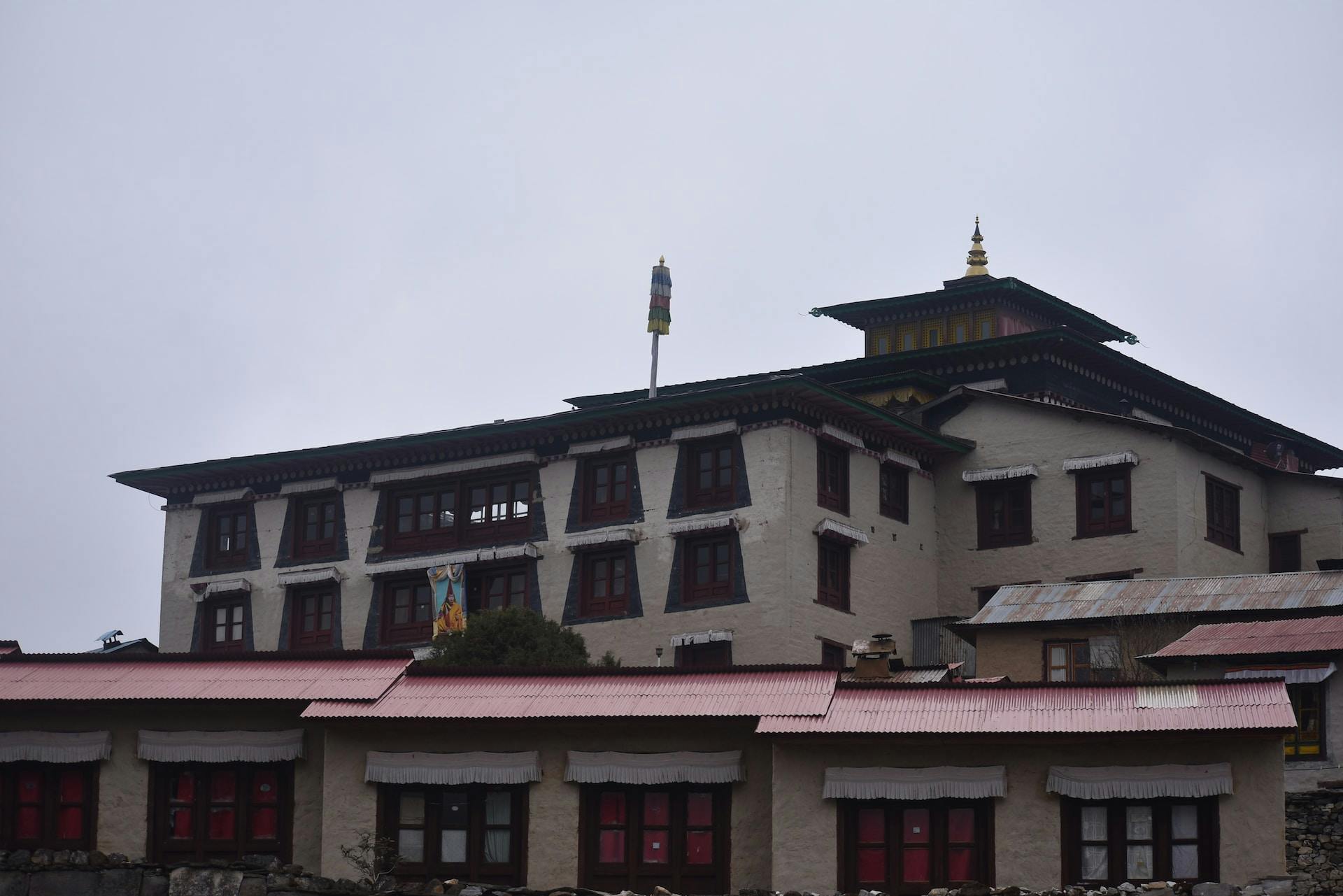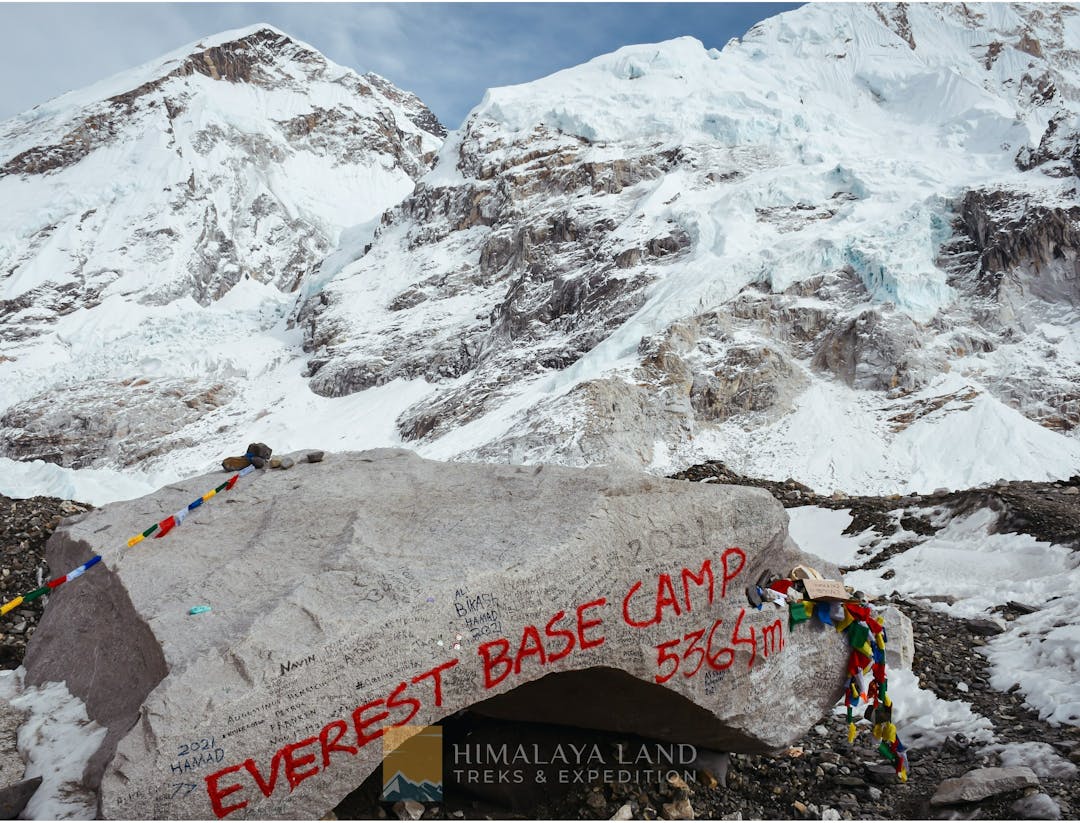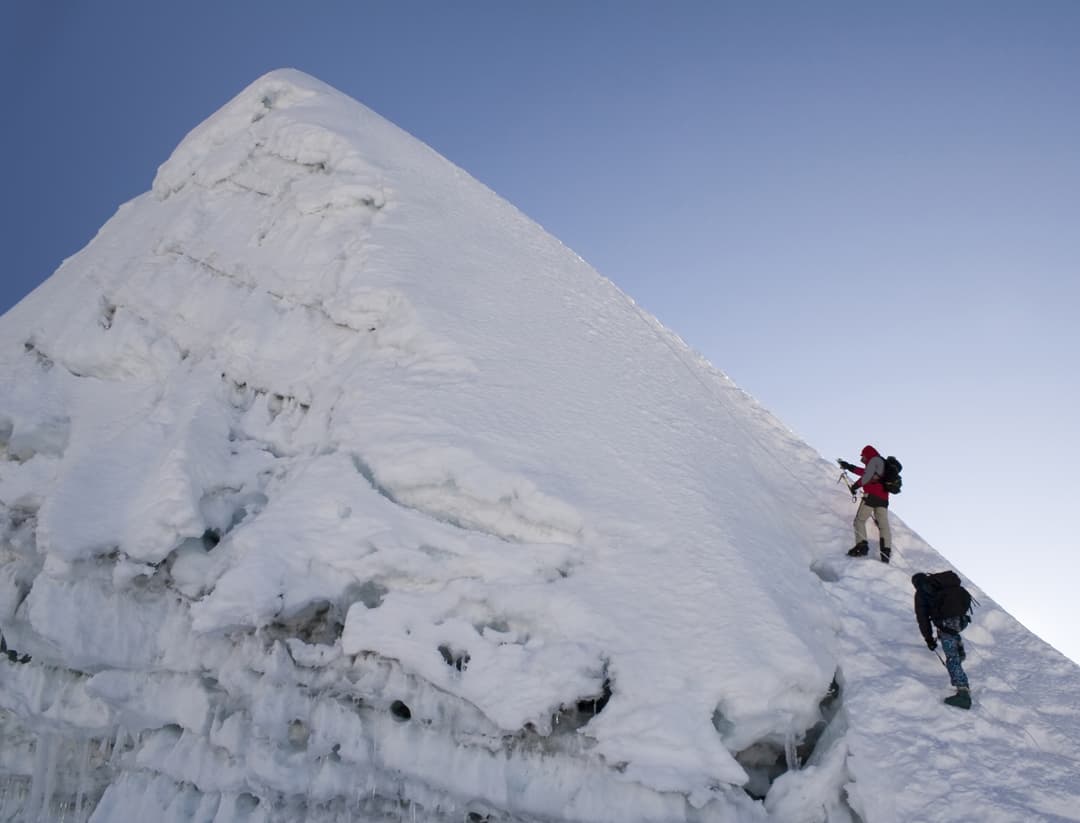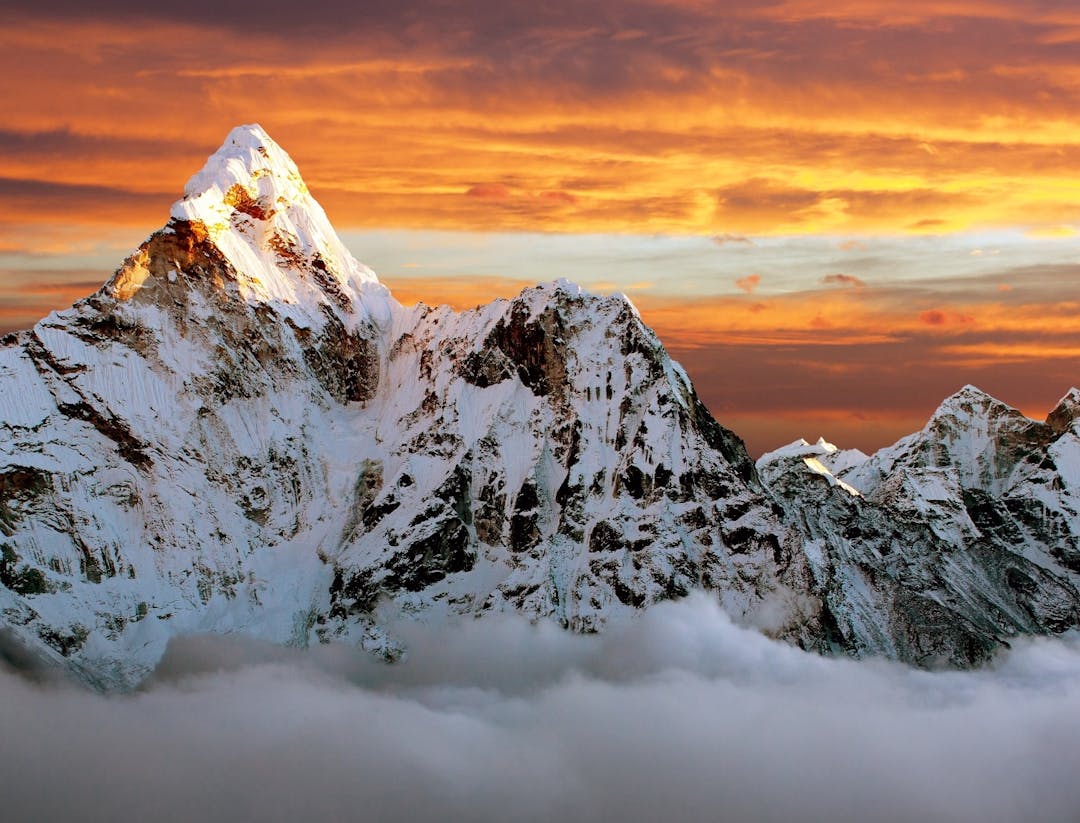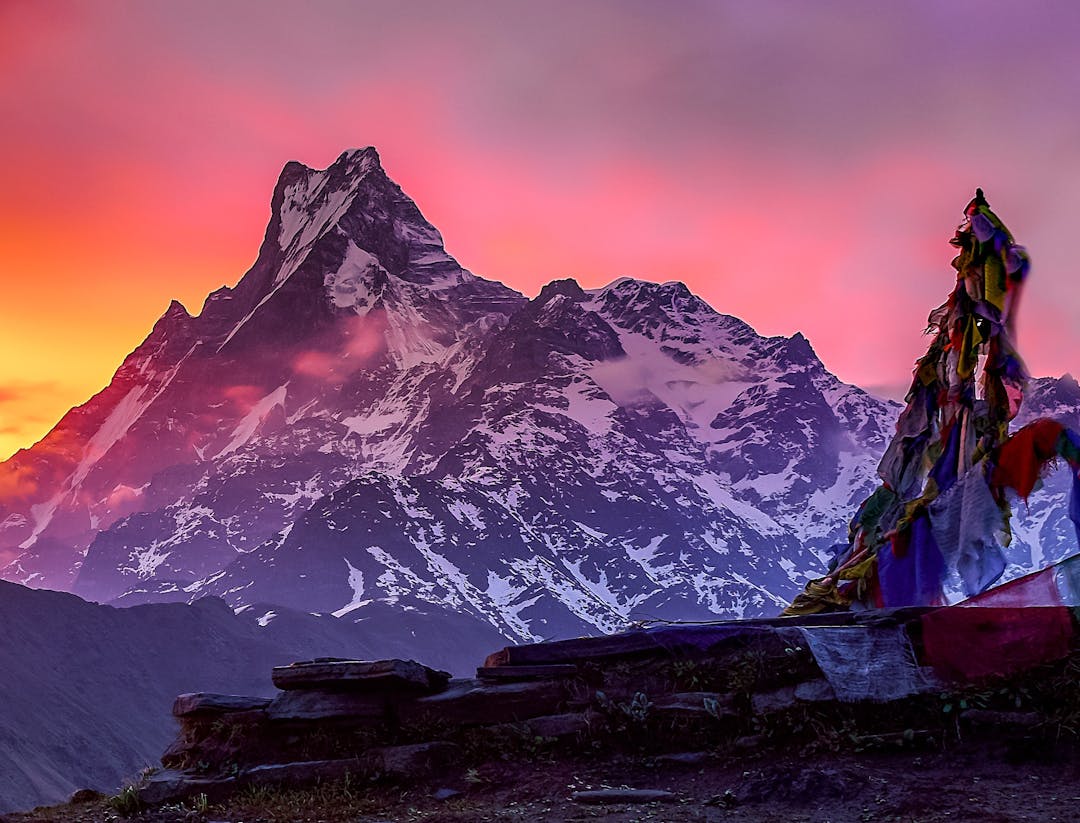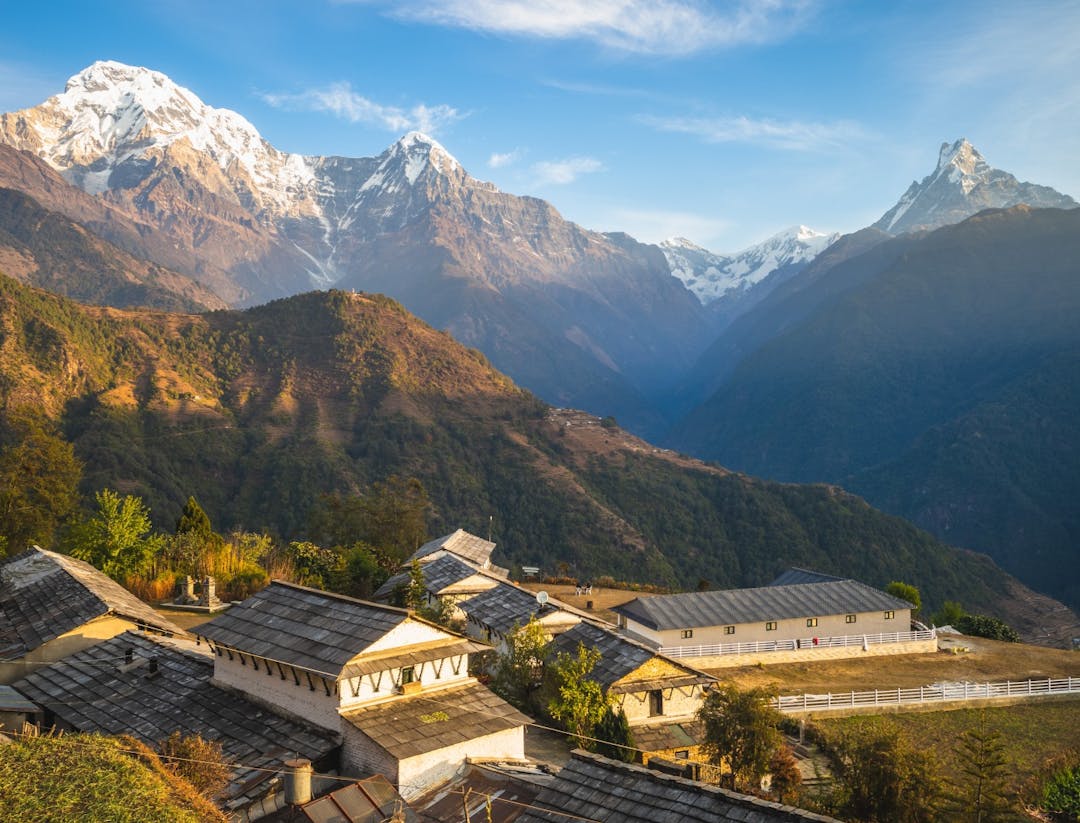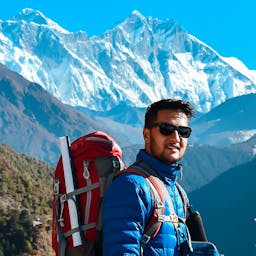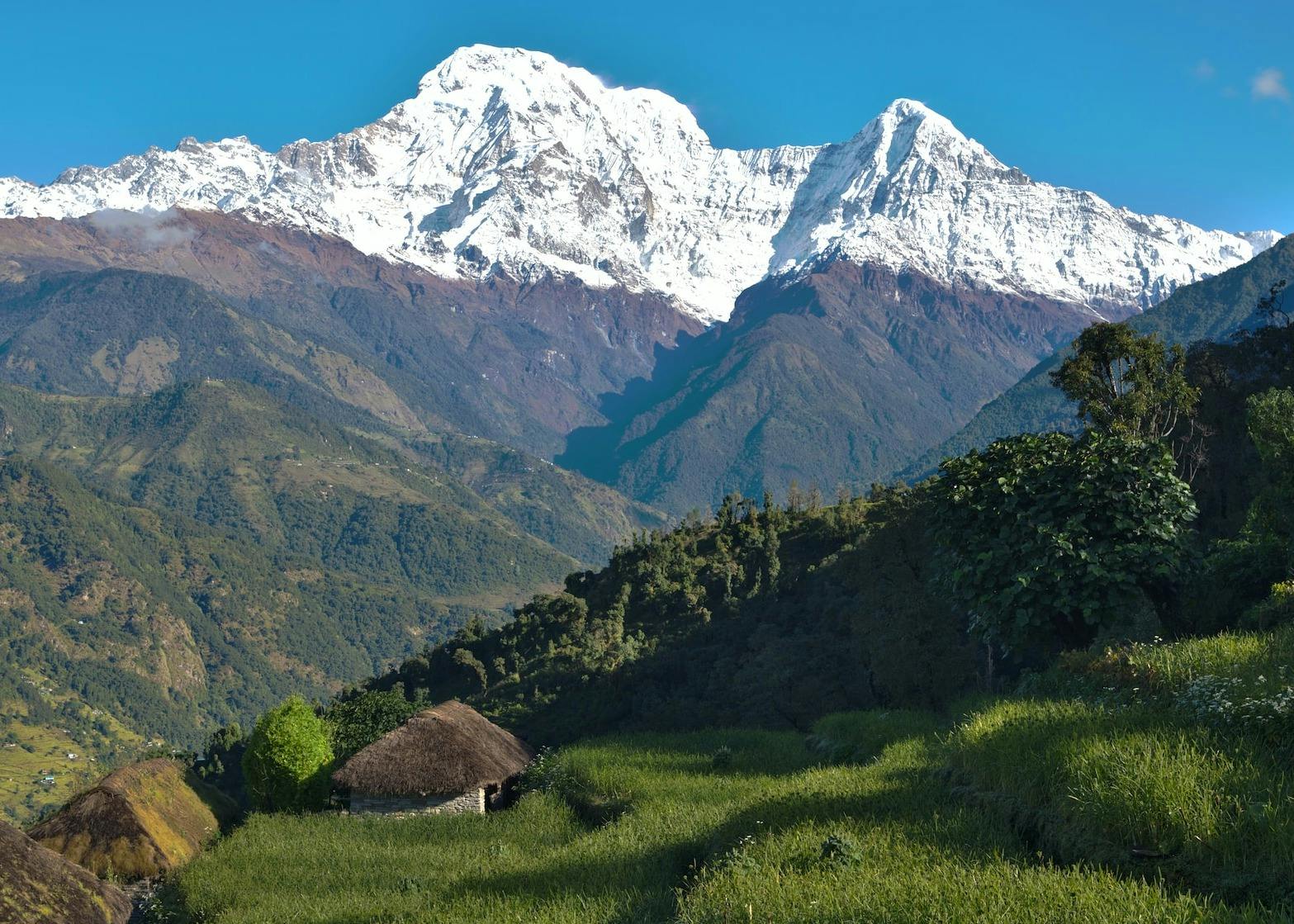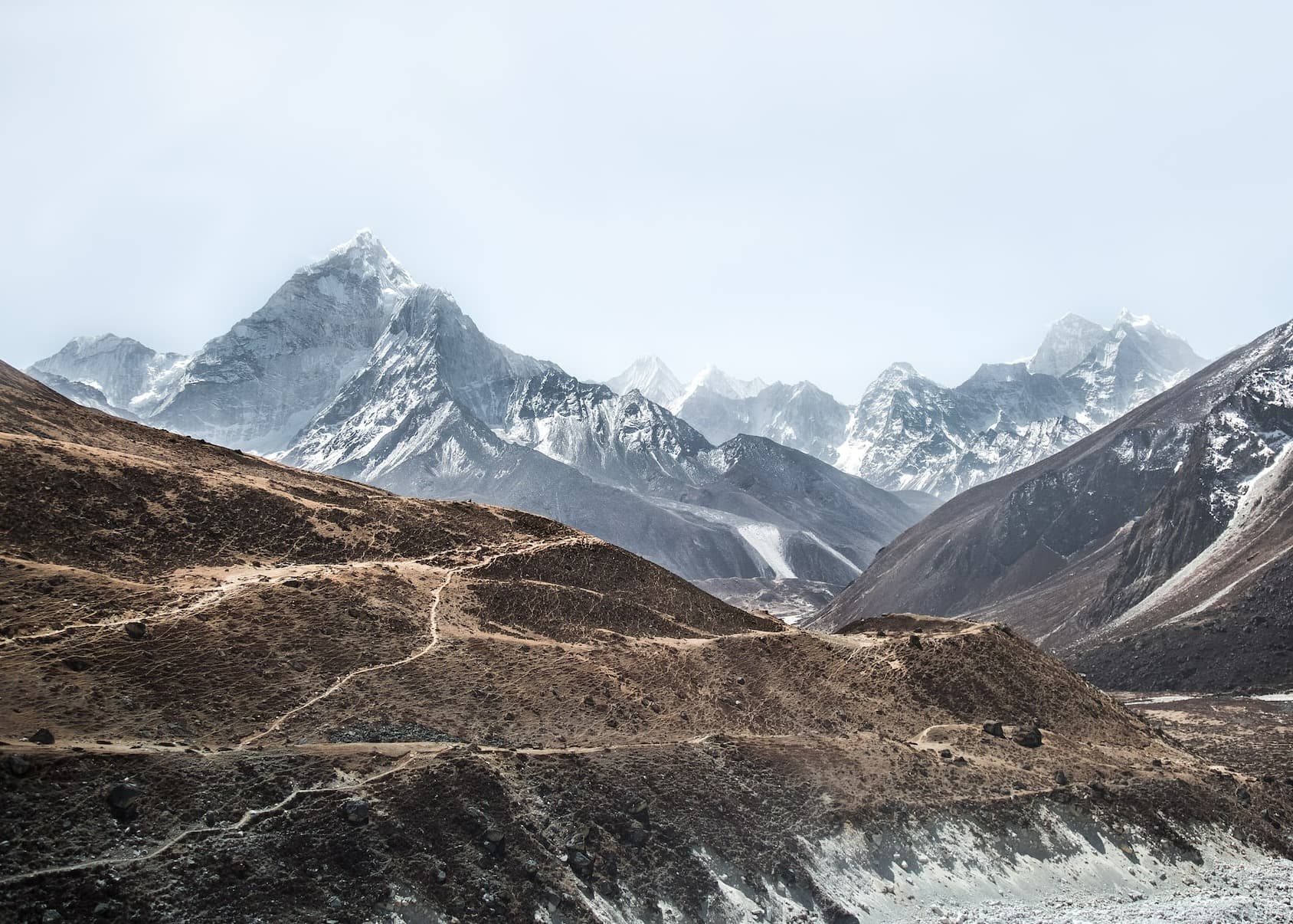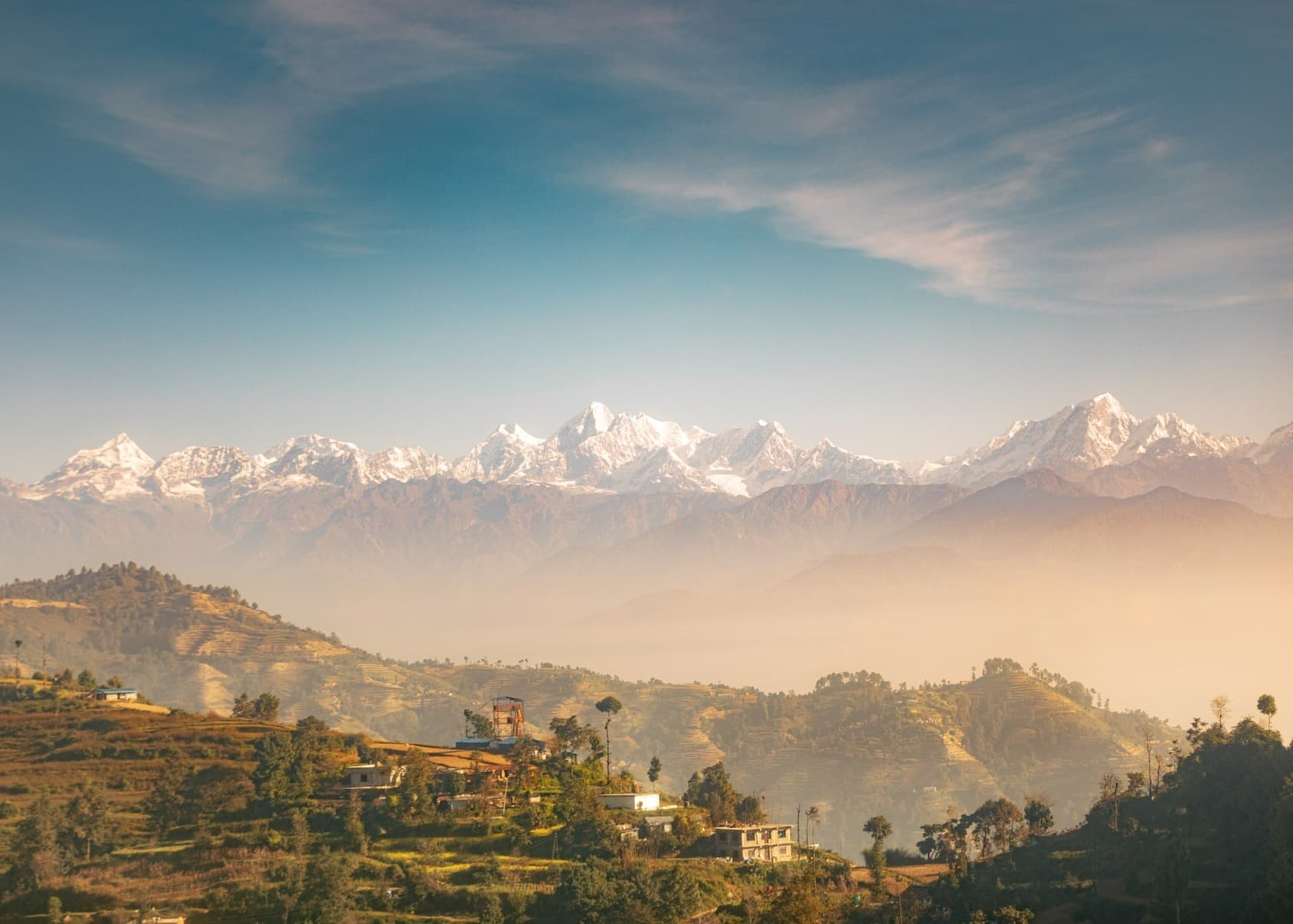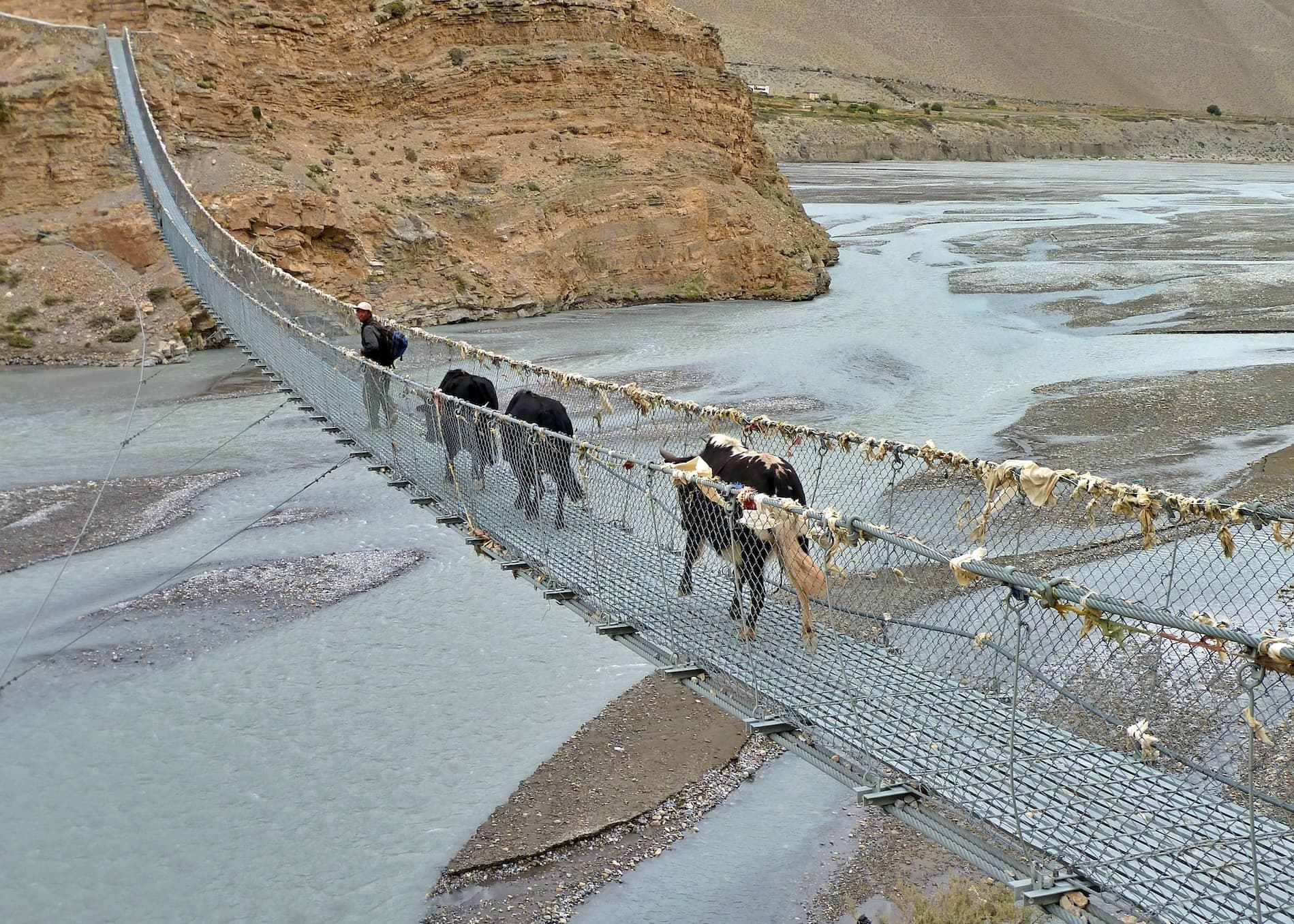Tengboche Monastery, a revered spiritual sanctuary nestled amidst the breathtaking beauty of the Himalayas. Situated in the heart of the Sagarmatha National Park in Nepal, Tengboche Monastery stands as a testament to both the natural wonders of the region and the profound spirituality that permeates the air.
Nestled in the Khumbu region (Everest Region) of Nepal, Tengboche Monastery is a sacred destination that attracts a significant number of visitors every year. The stunning location, serene environment, and spiritual significance make it one of the most sought-after destinations in Nepal.
Tengboche Monastery is located at an elevation of 3,867 meters, making it one of the highest monasteries in the world. It is situated on a hilltop overlooking the Imja River, surrounded by snow-capped mountains, including Mount Everest, Ama Dablam, and Lhotse.
History of Tengboche Monastery
The Tengboche Monastery was built in 1916 by Lama Gulu, who was known for his supernatural powers. However, the monastery was destroyed in a fire in 1989, and the present-day structure was rebuilt in 1992 with the help of international organizations and local people.
The monastery is a crucial religious site for the Sherpa community in the Khumbu region. It is believed that Guru Rimpoche, the founder of Tibetan Buddhism, visited this site in the 8th century, and the present-day monastery was built on the same site in the 17th century. The monastery is also home to more than 60 monks who follow the Nyingma and Kagyu schools of Tibetan Buddhism.
Architecture of Tengboche Monastery
The Tengboche Monastery features intricate wood carvings, murals, and statues that reflect the rich history and culture of the region. The main prayer hall is decorated with murals that depict the life of Buddha, while the interior walls of the monastery are adorned with colorful Thangka paintings.
The monastery also houses a 14-foot statue of Guru Rimpoche, which is believed to have been brought from Tibet in the 17th century. The statue is decorated with gold, silver, and precious stones, making it one of the most valuable possessions of the monastery.
Festivals at Tengboche Monastery
Tengboche Monastery is famous for its vibrant festivals that are celebrated throughout the year. The most famous festival is the Mani Rimdu Festival, which is held in October or November every year. The festival is a colorful and vibrant affair and is attended by thousands of people from all over the world. During the festival, the monks perform traditional dances and mask dances, and the highlight of the festival is the enactment of the victory of Buddhism over the ancient Bon religion.
Apart from the Mani Rimdu Festival, the monastery also celebrates Losar (Tibetan New Year), Dumje (Sherpa New Year), and Chhoekhor (a festival to commemorate Guru Rimpoche).
Trekking to Tengboche Monastery
Tengboche Monastery is a popular trekking destination in Nepal. The trek starts from Lukla and passes through scenic villages, including Namche Bazaar, Khumjung, and Pangboche, before reaching Tengboche. You can hike further from Tengboche to Pheriche, Gorakshep, and reach to Everest Base Camp and Kala Pattar.
Another best option to visit to Tengboche Monastery is Short Everest Base Camp Trek where you will travel upto tenboche and descend towards Namche Bazaar.

